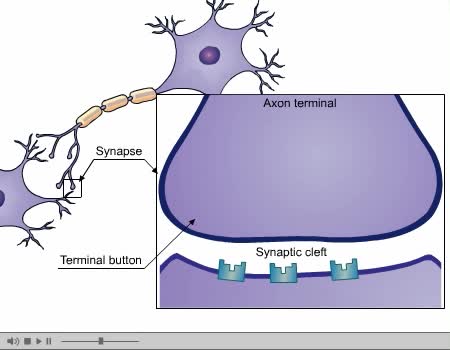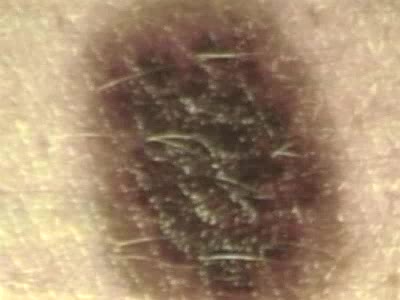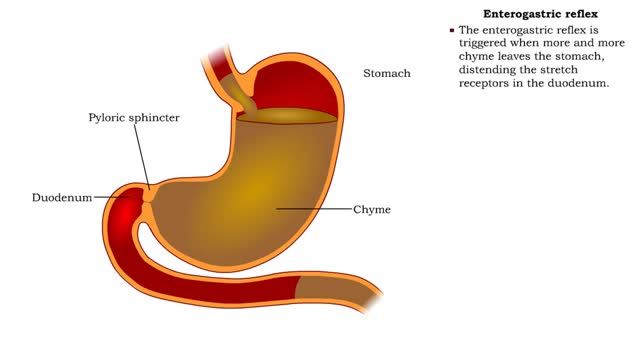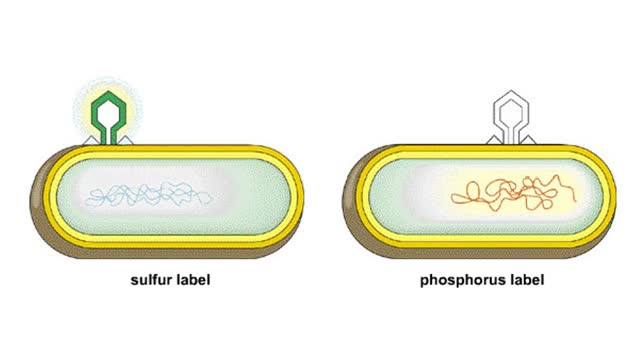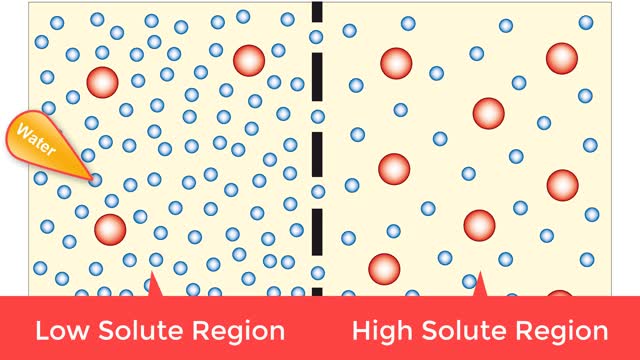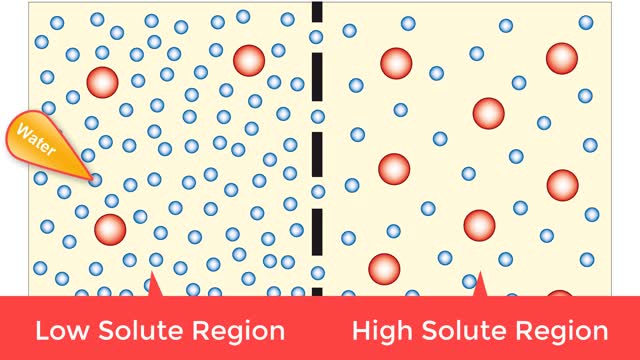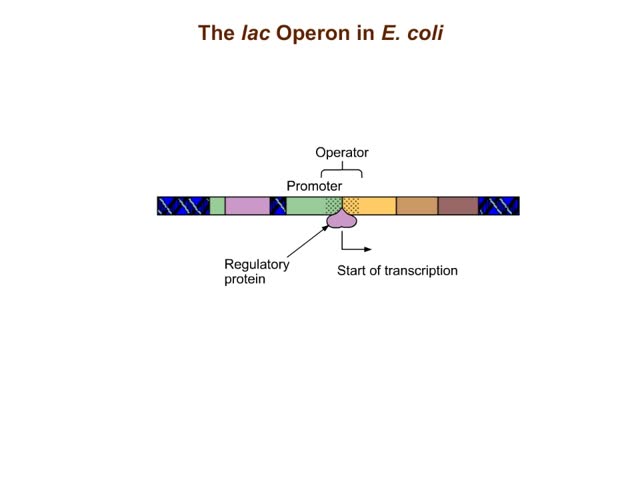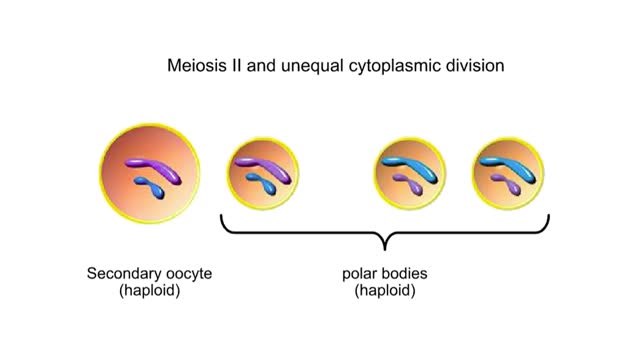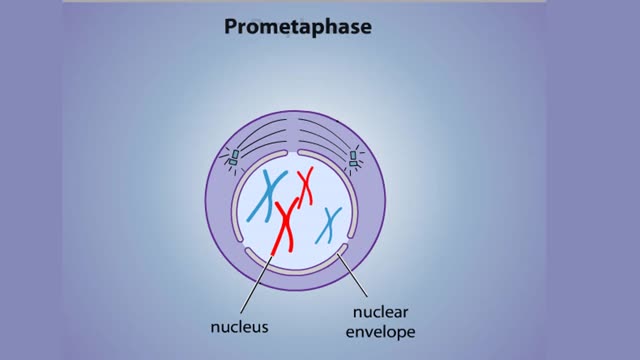Search Results
Results for: 'B cell proliferation and differentiation'
By: Administrator, Views: 14536
Dendrites (from Greek δένδρον déndron, "tree"), also dendrons, are branched protoplasmic extensions of a nerve cell that propagate the electrochemical stimulation received from other neural cells to the cell body, or soma, of the neuron from which the dendrites project. Electrical stimula...
By: Administrator, Views: 14015
Basal cell carcinomas (BCC) account for 80 percent of the skin cancers seen in the older adult. These cancers are generally slow growing but should be surgically removed as soon as possible.
Stomach peristalsis & Enterogastric reflex
By: HWC, Views: 10342
• Food enters, distending the stomach. • Stretch receptors activate enteric reflexes that promote peristaltic movements. • These movements, called mixing waves, begin to mix the food with stomach secretions. • Mixing waves force the digesting food (chyme) toward and through the pylo...
By: HWC, Views: 8061
Hershey and Chase knew that T4 bacteriophages consist of proteins and DNA. They asked which viral component must enter a bacterial cell to infect it: DNA or protein? They grew viruses with either radioactive sulfur, which labels the viral protein, or radioactive phosphorus, which labels DNA. ...
By: HWC, Views: 8606
Osmosis is when a solvent, such as water, moves from a low-solute concentration solution to a higher-solute concentration solution through a semipermeable. Osmosis is an example of diffusion (a special case of diffusion) in which the molecules are water, and the concentration gradient occurs a...
By: HWC, Views: 8099
Osmosis is when a solvent, such as water, moves from a low-solute concentration solution to a higher-solute concentration solution through a semipermeable. Osmosis is an example of diffusion (a special case of diffusion) in which the molecules are water, and the concentration gradient occurs a...
By: Administrator, Views: 15047
The lac operon (lactose operon) is an operon required for the transport and metabolism of lactose in Escherichia coli and many other enteric bacteria. Although glucose is the preferred carbon source for most bacteria, the lac operon allows for the effective digestion of lactose when glucose is no...
Egg and Sperm Formations in Animals Animation
By: HWC, Views: 5380
Inside the ovaries of a female animal are diploid germ cells called oogonia. An oogonium grows to become a primary oocyte. This large cell is still diploid. Meiosis I followed by unequal cytoplasmic division produces one large secondary oocyte and a smaller polar body. Both are haploid. ...
Stages of Mitosis - Prophase, Prometaphase, Metaphase, Anaphase & Telophase
By: HWC, Views: 10723
In mitosis, the nucleus divides to produce two nuclei that are genetically identical to each other and to the parent nucleus. To prepare for division, the DNA replicates in the preceding interphase. Although the chromosomes are not yet compacted and visible as discrete bodies, we illustrate them ...
Advertisement



